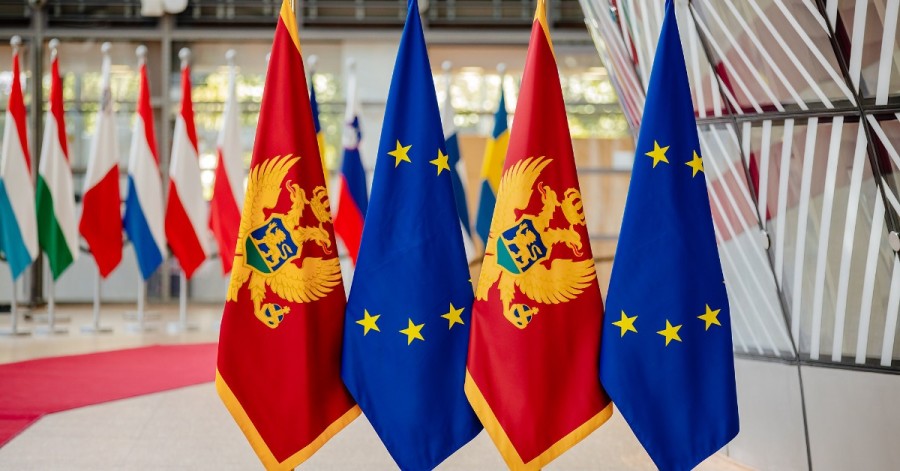
The new media laws were a key part of the rule of law legislation that enabled Montenegro to receive a positive IBAR and move into the crucial phase of closing negotiation chapters. Their full and effective implementation is essential for meeting the final benchmarks for the rule of law, the EU Delegation told Pobjeda in response to a question about the full implementation of media laws.
In this regard, as the EU Delegation specifies, it is urgent to appoint new members to the Council of the Agency for Audiovisual Media Services (AMS) to ensure its functioning and independence.
“For Montenegro to fulfill its ambitious plan to conclude accession negotiations by the end of 2026 and meet the final benchmarks for the rule of law negotiation chapters, it is crucial to ensure the consistent implementation of all laws related to the rule of law, including the Law on Audiovisual Media Services and the Law on RTCG. This is necessary to guarantee Montenegro’s commitment to fundamental reforms and further progress in the merit-based accession process,” the EU Delegation emphasized.
They note that while there may be a legitimate need for further improvements to any law, any amendments must be subject to consultations with the European Commission and contribute to further alignment with EU standards and requirements.
“In this regard, changes to the existing media legislation, if necessary, should not jeopardize the political independence of the governing bodies of the public broadcaster RTCG and the regulatory agency AMS,” the EU Delegation stated.
It should be recalled that an initiative by 101 civil society organizations, strongly opposing the proposed amendments to media laws that would enable full party control over the councils of RTCG, the Agency for Audiovisual Media Services, and local public broadcasters, has been submitted to all parliamentary groups in the Montenegrin Parliament.
The existing laws clearly define strict criteria for selecting council members – a Level VII1 education and at least ten years of experience – and allow NGOs to elect their representatives independently, provided they have proven experience and results in relevant fields.
The proposed changes open the door to political appointments, lower professional standards, and directly undermine the system, according to NGOs.
Source: Pobjeda